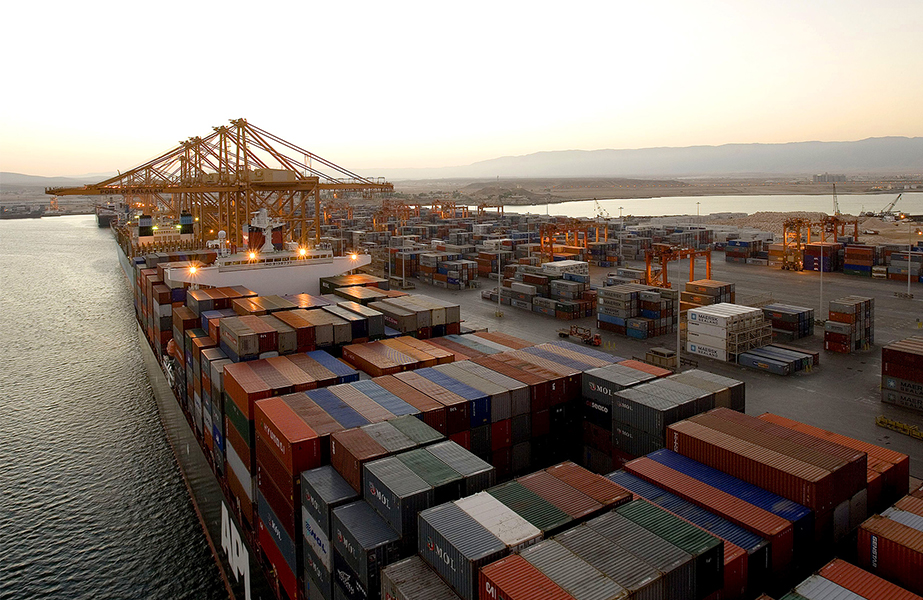Prosecutors in Finland are appealing a lower court ruling that found that the nation does not have any legal jurisdiction over subsea infrastructure sabotage within its exclusive economic zone. The ruling brought a halt to the trial of three officers from the shadow fleet tanker Eagle S, which severed multiple Finnish-owned subsea cables in the Baltic last December.
The court found that proper jurisdiction over incidents in international waters belongs to the seafarers’ state of citizenship or to the flag state – in this case, the Cook Islands, a Paris MOU gray list registry with a commercial manager and a reputation for “shadow fleet” services. So far, the registry has not taken any public action against Eagle S in connection with the case.
The court’s decision means that Finland is on the hook for the defendants’ legal fees of about $200,000. Further, the shipowner is considering a multimillion-dollar civil suit against Finnish authorities for the diversion, boarding and detention of the vessel.
The circumstances of the case have many maritime legal observers concerned that there is a dangerous loophole in the UN Convention on the Law of the Sea. If the coastal state has no jurisdiction over subsea infrastructure outside of the 12-mile line, and a ship can flag with a permissive open registry that does not prosecute wrongdoing, there is no legal framework for prosecuting sabotage in international waters.
“We need to create systems where we can access errors and direct criminal activity. Unfortunately, it takes a long time, but it is necessary. If certain actors do not follow the rules, we need to create a system where we can access them as well,” said Capt. Magnus Winburg of Aboa Mare Maritime Academy, speaking of YLE. “Shipping in general may get a bad rap because of this. But this is still a relatively new phenomenon, so we have to wait and see what the future holds.”




